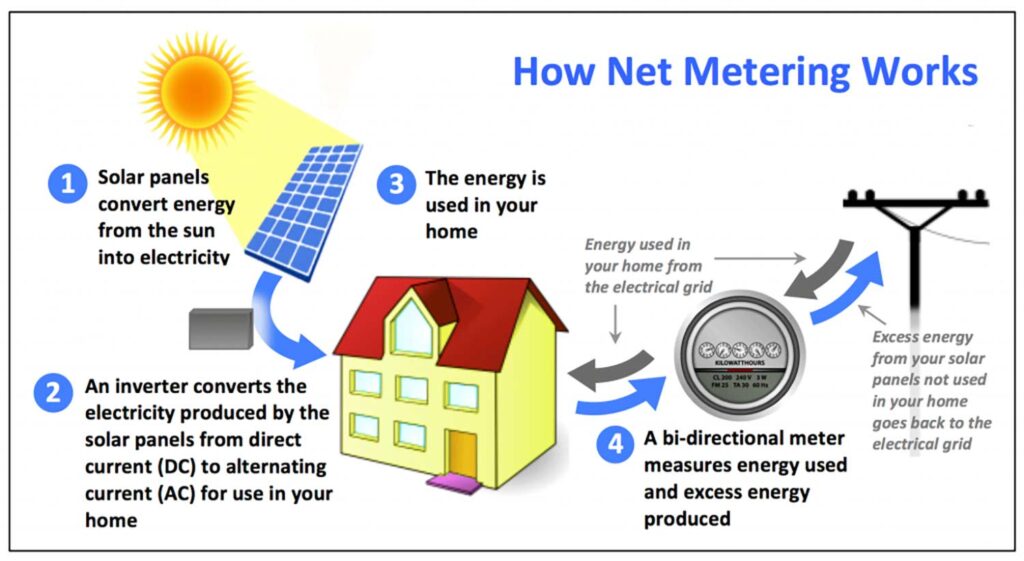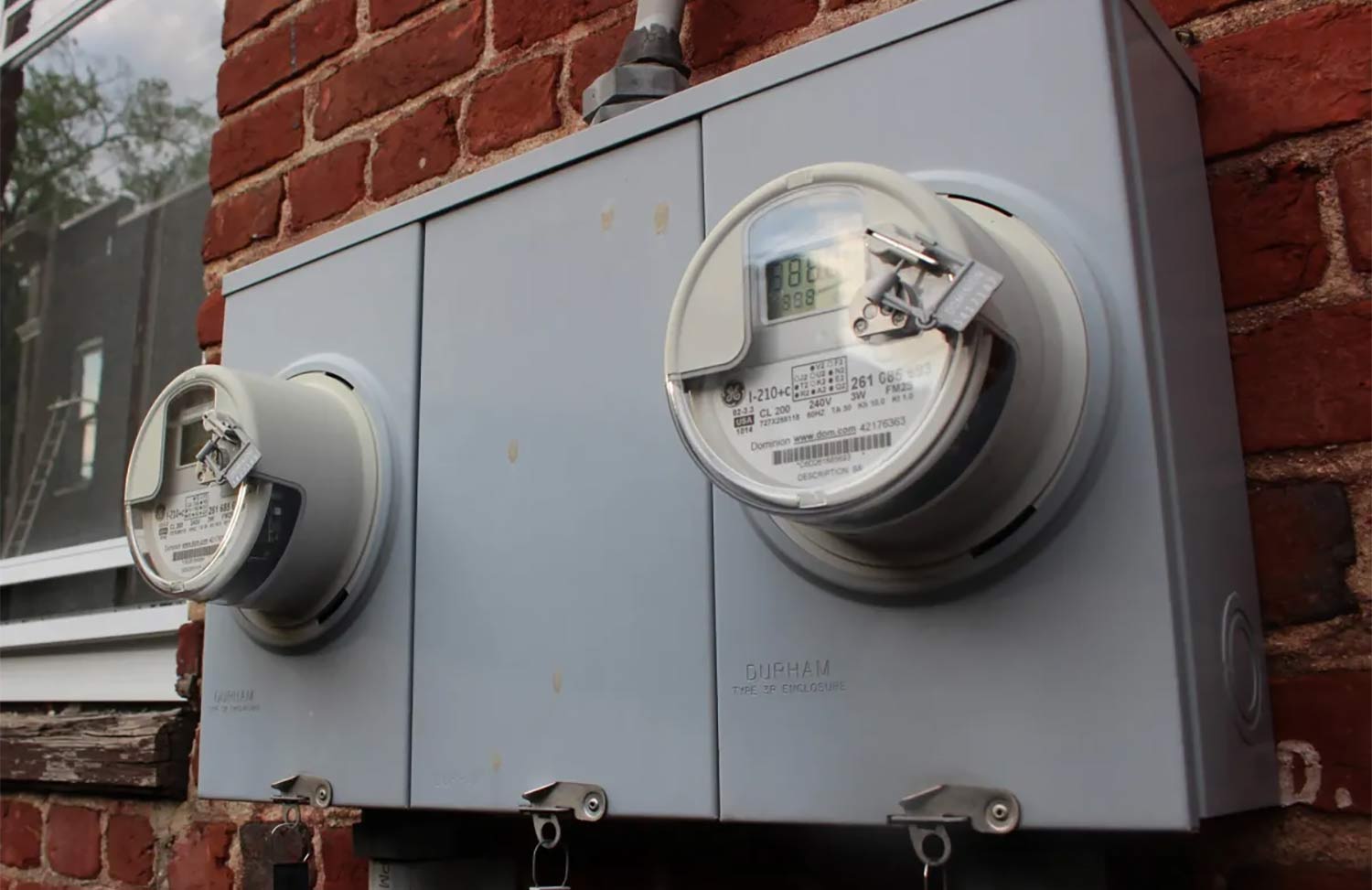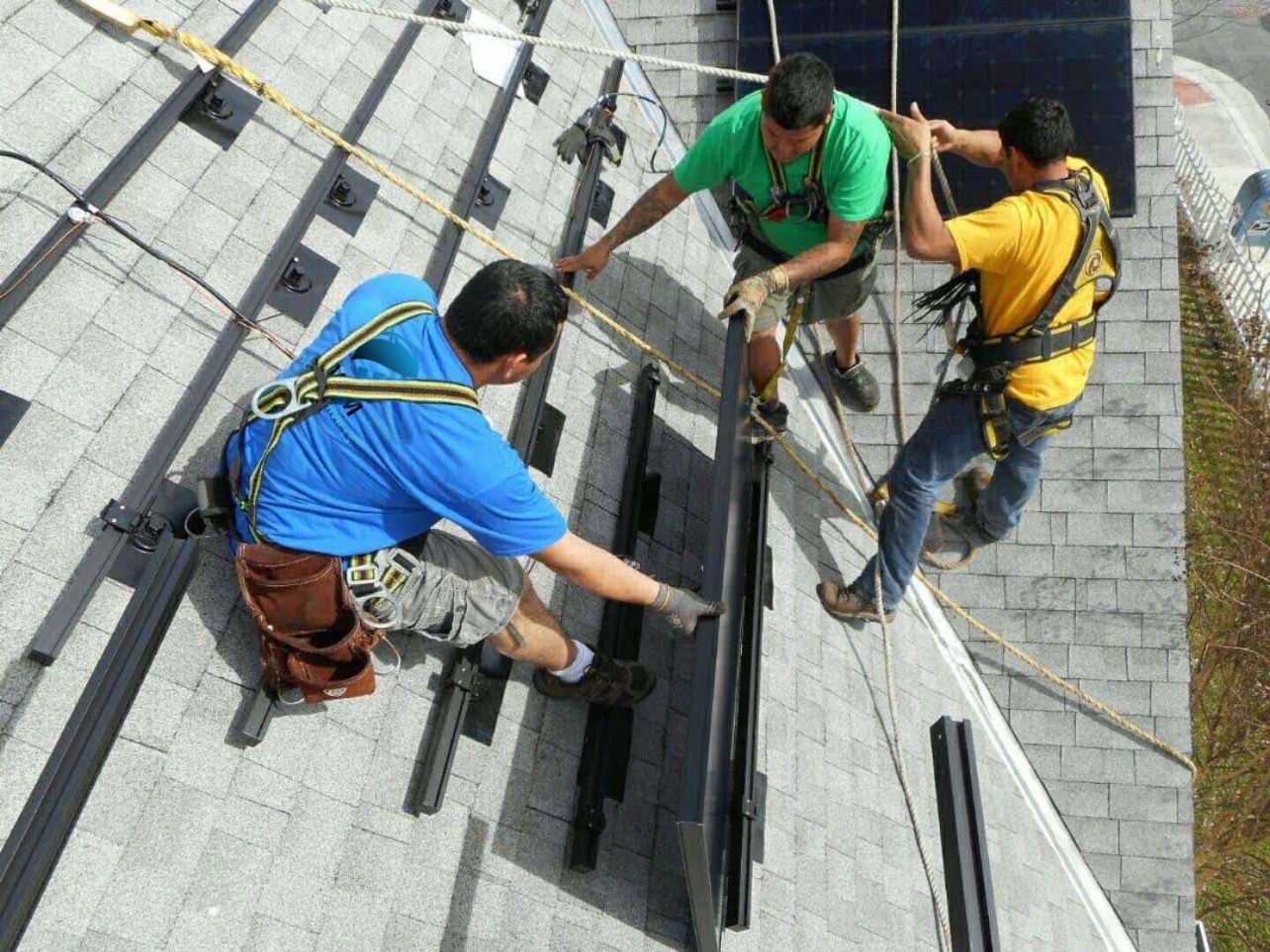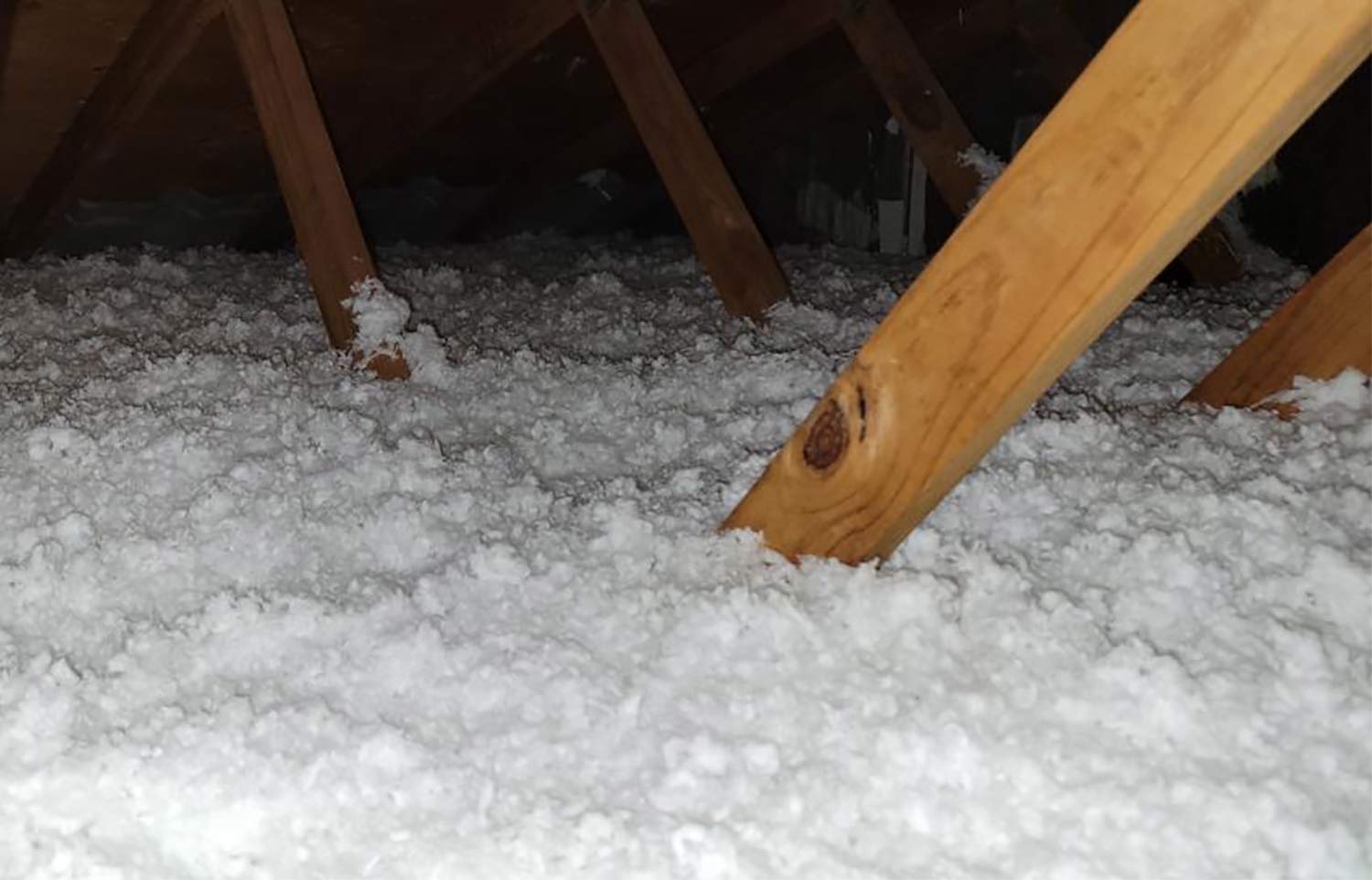In Virginia, residential solar panels typically pay for themselves in nine to 15 years, making them a solid financial investment with retail rate net metering.
Here’s the thing:
Dominion Energy and Appalachian Power are trying to make changes to the Virginia net metering rules that could eliminate the energy savings for solar panels installed in 2025 and beyond.
If you install solar panels before the new rules go into effect (or meet certain income criteria), you can take full advantage of the current rules for net metering in Virginia.
The bottom line: Don’t wait. If you’ve been thinking about installing solar panels for your home in Virginia, give us a call today at 888-586-3343, or send us a message:
Since 2006, EDGE Energy has installed more than 5,000 solar energy systems in Virginia, Maryland, and Washington DC. We stand out as a six-time winner of the ENERGY STAR Contractor of the Year Award and SunPower Master-certified solar installer (top 5% nationally).
Net Metering Virginia: The State of the State
What is Net Metering?
Net metering is a policy that allows homeowners and businesses with solar energy systems to receive credit on their electric bills for the excess energy they generate and feed back into the grid. Essentially, it allows solar panel owners to offset their electricity costs by generating their own power.

How Net Metering Works in Virginia
In Virginia, net metering is regulated under Virginia code §56-594 and applies to investor-owned utilities (Dominion Energy and Appalachian Power) as well as electric cooperatives. Here’s a brief overview of how it works:
System Capacity Limits
- Residential: Up to 25 kW
- Non-residential: Up to 3,000 kW
- Agricultural: Up to 500 kW (aggregated capacity)
Monthly Excess Generation Credit Rate
Homeowners and businesses are credited at the full retail rate for the solar energy they send back to the grid. This means they receive the same rate for the energy they export as they pay for the energy they consume.
For more on net metering in Virginia, including caps, standby charges, and more, here’s a helpful rundown from the nonprofit Solar United Neighbors: Net metering in Virginia
Virginia Net Metering Changes
Apples to Apples Analogy

To explain the changes, let’s start with an analogy.
Instead of selling you energy, let’s pretend the utilities want to sell you apples.
They charge $1 per apple. You start growing your own apples, and they agree to buy apples from you for the same price – $1 per apple.
Then they want to change the rules – Instead of paying you $1 for each of your apples, they want to pay you only $0.20 per apple – way less – but continue to charge you $1 for each apple they sell you.
It’s the same with energy. The utility used to offer a 1:1 rate, offering the same price for energy they sell you and energy you produce with your solar panels. Now they want to pay you less and charge you the same amount (more over time).
Who is protected from the changes?
There are two groups protected from the upcoming changes to net metering in Virginia:
- Income Eligible Customers: They will have the option to install solar under either the current rules or the new ones – whatever makes the most financial sense for them.
- Early Adopters: Customers who install solar panels and connect to the grid before the SCC issues its final order will be grandfathered in under the existing net metering provisions. This means they will continue to get the full retail rate credit for the electricity they feed back to the grid.
What should I do about it?
If you install solar panels and connect to the grid before the SCC issues its final order, you’ll be grandfathered in under the current net metering rules. That means you’ll lock in the full retail rate credit for your solar energy and get the greatest return on your solar investment.
Don’t wait! Give us a call at 888-586-3343 or send us a message to schedule your solar consultation today:
Why are Virginia’s Net Metering Rules Changing?
The Technical Answer: The Virginia Clean Economy Act (VCEA)
The Virginia Clean Economy Act (VCEA) of 2020 was a milestone for solar advocates, setting the stage for a zero-carbon electricity sector by 2050 and removing lots of barriers to solar installation in Virginia.
This legislation, along with the Solar Freedom Act, expanded net metering – allowing residents, businesses, and local governments to get full retail rate credits for excess electricity fed back to the grid, making solar power more affordable.
However … the VCEA also included a clause for reevaluating net metering.
Starting in 2024 for Appalachian Power and 2025 for Dominion Energy, the State Corporation Commission (SCC) will reassess how new net metering customers are compensated.
On May 6, 2024, the SCC directed these utilities to propose changes, with deadlines set for September 2024 for Appalachian Power and May 2025 for Dominion Energy. The proceedings will determine the future terms of net metering compensation and the payback for new solar installations in Virginia.
The Actual Answer: Money
It’s mostly about money.
Investor-owned utilities hate net metering because it gives them less control over customers and cuts into their profits from building new generation and transmission infrastructure.
Instead of admitting this, the utilities argue that net metering creates a “cost shift,” making non-solar customers pay more to maintain the grid while solar customers benefit from free electricity.
That’s an argument that just isn’t supported by the vast majority of studies. For example, a study by the Maryland Public Service Commission found that solar customers actually subsidize their non-solar neighbors, contrary to the “cost shift” narrative.
What’s more, research shows that rooftop solar provides a range of other benefits, including grid relief, reduced need for new infrastructure, and broader societal advantages like energy security and reduced carbon emissions.
Despite these benefits, our inverter-owned utilities have obligations to their stakeholders and continue to push the “cost shift” argument without substantial evidence, influencing legislators to consider potential changes to net metering policies.
The SCC’s upcoming evaluations will determine the compensation rates for net metering customers. These are decisions that will significantly impact the future of solar energy in Virginia.



